Venezuela, Guatemala, Colombia and Peru have some of the people most affected by the industries that extract natural resources in Latin America. On the continent there are 43 million natives made up of over 500 different peoples, supposedly 7.6% of the total population of the region.
.
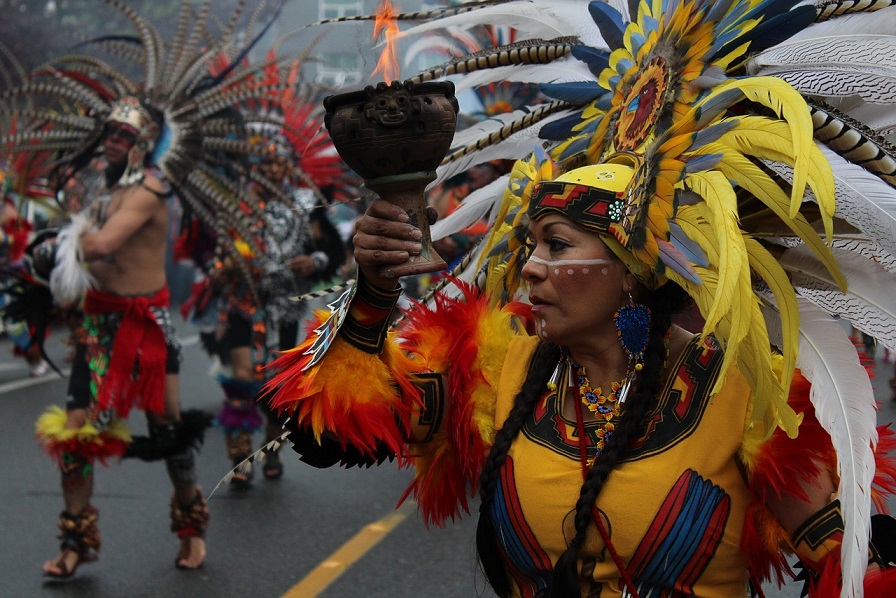 Benjamin Serra
Benjamin Serra
.
Margarita Pérez Anchiraico lives in Mayoc, a township some 80 kilometres east of the capital of Peru, Lima.
Like most of the inhabitants of the area, Margarita’s family has always worked with the land and the livestock. A simple life that allowed them to feed themselves and to sell produce in the local markets.
The forest was a part of their town until the mining business Lisandro Proaño bought some land close by and began to cut trees in order to develop their mining activity in the area. However the worst came when their animals started to die and the townspeople showed signs of dermatitis and other skin ailments.
The mining company was depositing residues from their operation, without any environmental control, highly toxic residues, containing Arsenic and Cyanide.
From the moment that the company settled in the area Margarita started a battle against the miners and created the Committee of People Affected by the Mines. But in 2006 the Canadian company Gold Hawk bought the mine and offered work to many of the residents in an attempt to halt the protests.
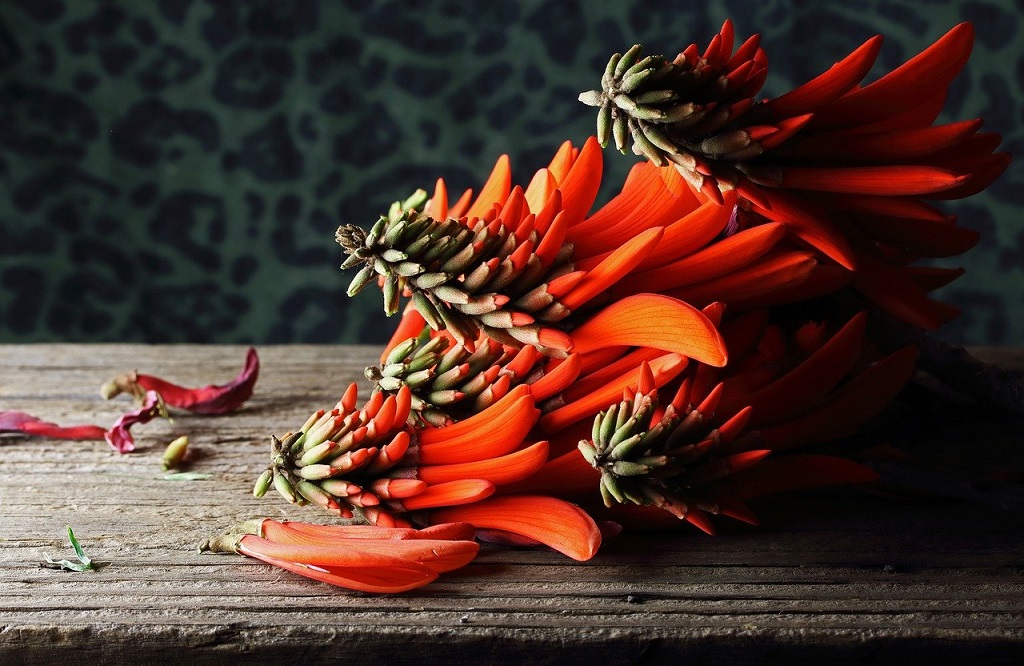 Margarita was left alone however and continued in her struggle against the mines. Her fight isn’t against the mining but against the contamination it causes.
Margarita was left alone however and continued in her struggle against the mines. Her fight isn’t against the mining but against the contamination it causes.
Of course, Margarita isn’t the only case; in other regions villagers have shown a united front against mining companies and have fought hard.
In Venezuela the Yukpa people of are some of those affected by these activities. These native South Americans are fighting for the delimitation and therefore possession of what they denote as their ancestral grounds, to the west of the lake of Marcacaibo, 700 kilometres to the west of Caracas. Around 12,000 Yukpan people live in the mountainous areas that are highly sought after by coal mining companies. However the government doesn’t want to hand over a non-divisible territory and their proposal is to assign the communities plots of land.
This would provoke irreparable damages to their societies like the loss of culture, ways of life and perhaps even poverty. The Yukpa aren’t giving up. In fact towards the end of last year they travelled on foot to Caracas with the intention of getting to the vice president, to request clarification of the ownership of the land and further negotiations.
But possibly one of the most impacting cases is that of the U’wa people, an indigenous people in the east of Colombia, that are totally opposed to the oil exploitation within their territory.
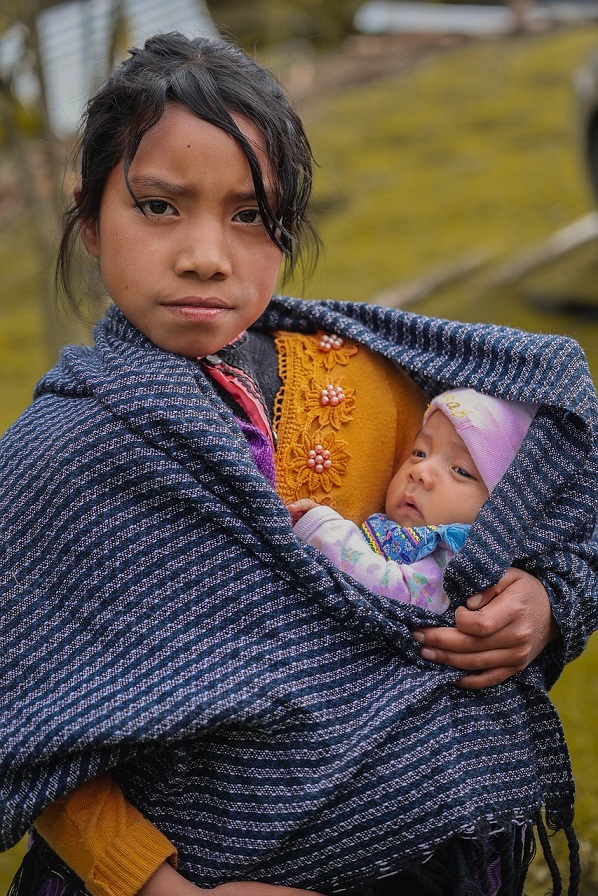 The U’wa is made up of over 6,000 people living in an area of approximately 240,000 hectors, and according to their perception of life the petroleum and gas that has been discovered in the region form part of the blood of the land, for them it is sacred and untouchable.
The U’wa is made up of over 6,000 people living in an area of approximately 240,000 hectors, and according to their perception of life the petroleum and gas that has been discovered in the region form part of the blood of the land, for them it is sacred and untouchable.
For this community the resources of the land must not be extracted, they balance the planet, and for that reason they objected to the North American oil companies Occidental Petroleum Company, Oxy, and since 2002 the Colombian Ecopetrol.
The U’wa have used legal means to avoid the activity of the petrol companies, going to the Interior and Environmental Ministries, to the Presidency of the Republic and to the Defender of the People. However have failed to achieve the respect of their rights as the indigenous people, despite being specifically included in the Colombian constitution.
The conflict has escalated to the point that it has caused deaths of leaders and has needed the support of the Revolutionary Armed Forces of Colombia, the RAFC have accused the U’wa of acting under pressure of the guerrilla forces. Confronted with the despair of these people, they saw no other way out than to threaten collective suicide, emulating a similar case of 1540 during the years of the Spanish conquest. Faced with the invasion of a white civilisation, the same U’wa people threw themselves off a cliff and into the abyss.
Situations like these villages have lived through, and continue to live through, happen much more frequently than is often thought. Around 43 million indigenous people live in Latin America in more than 500 distinct groups, supposedly some 7.6% of the population of the whole continent.
Generally, indigenous peoples from all regions of the world live on land that has a great wealth of natural resources. Nevertheless, they continue to be some of the most vulnerable communities.
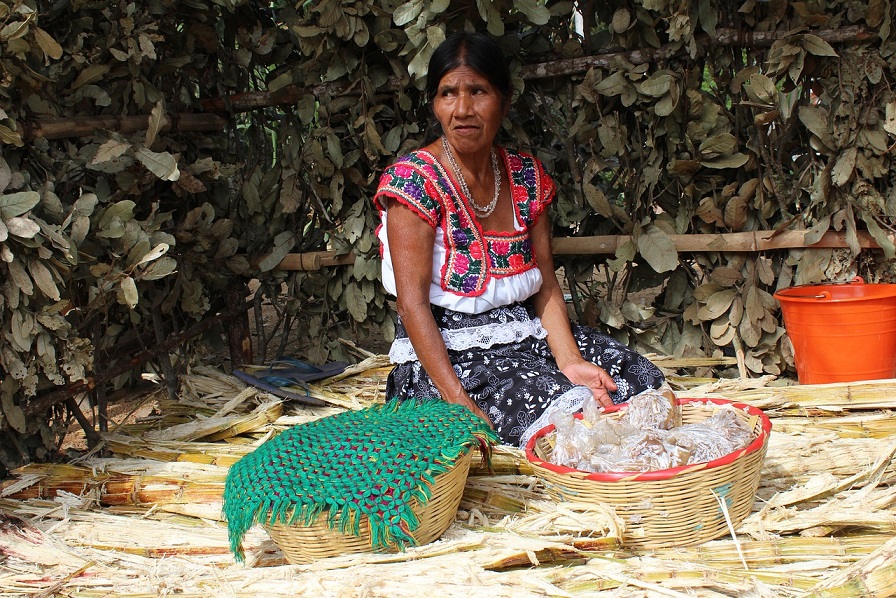 Many of these unexploited territories are considered by governments and multinational companies to be assets and opportunities of great economic development.
Many of these unexploited territories are considered by governments and multinational companies to be assets and opportunities of great economic development.
Interests that are in direct conflict with the relation between the people and their land, an essential element of their religions, culture and ways of life.
These villages are challenged by extractive industries such as prospective petrol companies, extraction of gas and minerals, multinational logging companies and businesses dedicated to monoculture and dams that all threaten the stability of their communities. These are especially detrimental and problematic industries for the indigenous people since the large projects underway threaten their habitats by endangering the environment, the culture and their language, their ways of life and in many cases provoke forced displacement and an increase in poverty.
There are a variety of different indigenous activist groups fighting against these corporations, owing to what they consider a question of environmental justice and social responsibility.
But they face serious problems in defending their communities since in many cases they are confronted by governmental decisions. However institutionally they have the support of organisations like the United Nations.
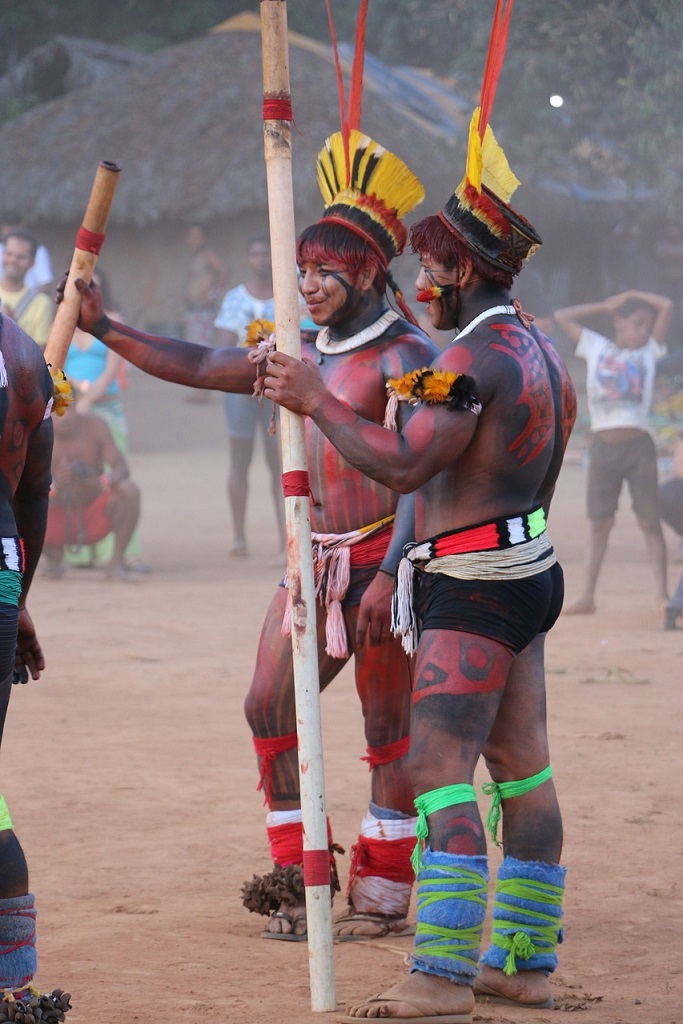 In 1982 the subcommittee of human rights created a working group for indigenous people to focus on the area of the rights of indigenous people.
In 1982 the subcommittee of human rights created a working group for indigenous people to focus on the area of the rights of indigenous people.
On the 29th of June 2006 the Council of Human Rights sanctioned the Declaration of the rights of the indigenous people and recommended its approval for the General Assembly, who also approved it on the 13th December 2007.
With the declaration of rights of the indigenous people they will establish their rights to their culture, identity, language, welfare and work.
In this also placing pressure onto all nations to respect the rights these communities have to maintain their institutions and traditions and promote their development in accordance with their needs and aspirations.
The state is a major player in this conflict, since it is responsible for legislation and establishing measures of control over these industries.
Certainly the actions taken by the extractive industries are essential for the development of the economy in Latin America, however they must include policies to benefit all parties involved. In this struggle between multinationals, governments and communities, as indicated, it is only the indigenous people that have the right to decide their own future.
(Translated by Adam Brown- AdamBrown@live.com) – Photos:Pixabay












.jpg)












